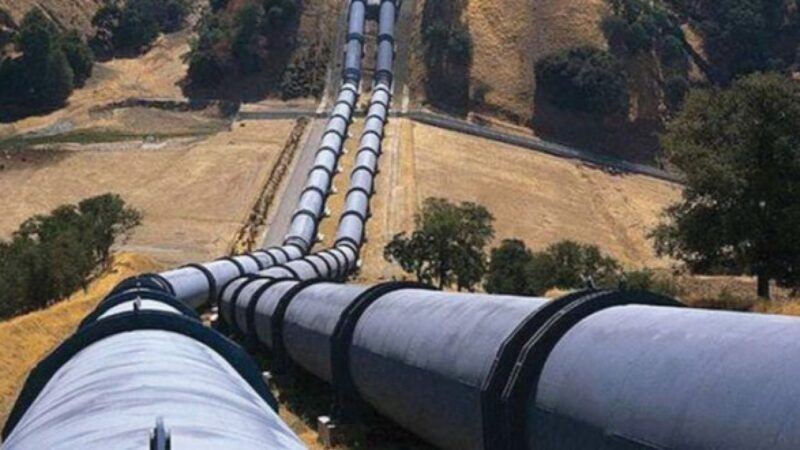The megaproject of the gas pipeline linking Nigeria to Morocco continues to move forward with determination. A major new milestone was reached in Rabat, where the 13 countries crossed by the route confirmed their commitment, paving the way for an official signing expected in the fall of 2025 by the Economic Community of West African States (ECOWAS).
Driven by a strategic vision led by King Mohammed VI, this colossal $25 billion project is no longer just an infrastructure project: it has become a symbol of African energy integration. It will extend over more than 6,000 kilometers, running along the entire West African coast, from Nigeria to Morocco, serving Benin, Togo, Ghana, Ivory Coast, Liberia, Sierra Leone, Guinea, Guinea-Bissau, Gambia, Senegal, and Mauritania. Landlocked countries like Niger, Burkina Faso, and Mali will also be supplied.
Meeting in Rabat on July 10 and 11, the technical and steering committees reviewed the project’s progress. Key figures from the African energy sector, representatives from ECOWAS, and Moroccan institutions such as ONEE and MASEN participated in these discussions, which confirmed the strengthening of the political, technical, and financial foundation of the project.
The intergovernmental agreements (IGAs) defining the responsibilities and commitments of the states were already adopted in December 2024. The Rabat meeting also marked the formal inclusion of new players, such as the Togolese Gas Company (SOTOGAZ), joining the other national gas companies involved.
According to economist Zakaria Firano, the issue of financing is now “on the path to stabilization,” and the conditions are in place to initiate the second phase of the project. He also emphasizes the unique nature of the project, which he describes as “the only structuring and credible energy initiative for West Africa.”
In addition to its energy benefits, the Nigeria-Morocco gas pipeline aims to be a lever for economic and social development for the countries it traverses. It seeks to provide a sustainable alternative to energy challenges by enhancing supply security, stimulating local investment, and promoting a solidarity-based regionalization of resources.
The signing expected this fall by ECOWAS should thus mark a new era for the continent, centered around a common and pragmatic vision of development. A project that not only lays a pipeline but also paves a path for the future of Africa.


